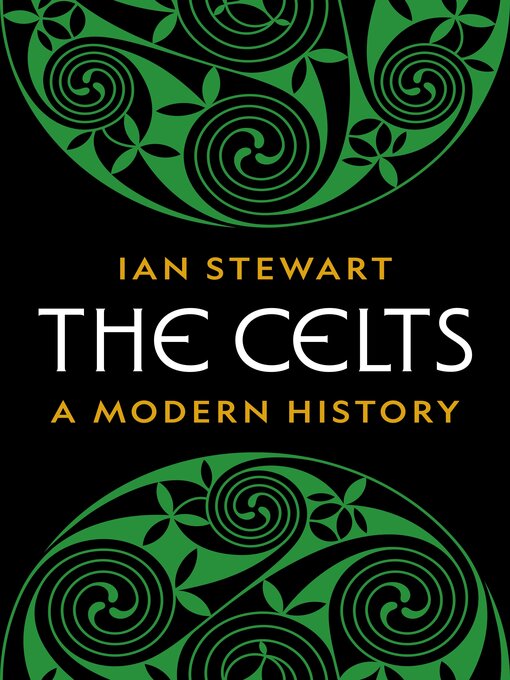A new history of the Celts that reveals how this once-forgotten people became a pillar of modern national identity in Britain, Ireland, and France
Before the Greeks and Romans, the Celts ruled the ancient world. They sacked Rome, invaded Greece, and conquered much of Europe, from Ireland to Turkey. Celts registered deeply on the classical imagination for a thousand years and were variously described by writers like Caesar and Livy as unruly barbarians, fearless warriors, and gracious hosts. But then, in the early Middle Ages, they vanished. In The Celts, Ian Stewart tells the story of their rediscovery during the Renaissance and their transformation over the next few centuries into one of the most popular European ancestral peoples.
The Celts shows how the idea of this ancient people was recovered by scholars, honed by intellectuals, politicians, and other thinkers of various stripes, and adopted by cultural revivalists and activists as they tried to build European nations and nationalisms during the eighteenth and nineteenth centuries. Long-forgotten, the Celts improbably came to be seen as the ancestors of most western Europeans—and as a pillar of modern national identity in Britain, Ireland, and France.
Based on new research conducted across Europe and in the United States, The Celts reveals when and how we came to call much of Europe "Celtic," why this idea mattered in the past, and why it still matters today, as the tide of nationalism is once again on the rise.
- Women's History Month
- Staff Picks!
- Most Popular
- Available now
- Popular NonFiction eBooks
- Teen eBooks
- Hot reads for cold nights
- See all ebooks collections
- Available now
- Teen Audiobooks
- Most Popular
- Stephen King Thrillers
- Popular Non Fiction Audiobooks
- See all audiobooks collections
- Just Added Magazines
- Lifestyle
- Technology
- Fashion
- Home & Garden
- Cooking & Food
- See all magazines collections


